I've been trial-and-erroring to figure out from an intuitive level when a rule in antlr is left-recursive of not. For example, this (Removing left recursion) is left-recursive in theory, but works in Antlr:
// Example input: x+y+1
grammar DBParser;
expression
: expression '+' term
| term;
term
: term '*' atom
| atom;
atom
: NUMBER
| IDENTIFIER
;
NUMBER : [0-9]+ ;
IDENTIFIER : [a-zA-Z]+ ;
So what makes a rule left-recursive and a problem in antlr4, and what would be the simplest example of showing that (in an actual program)? I'm trying to practice remove left-recursive productions, but I can't even figure out how to intentionally add a left-recursive rule that antlr4 can't resolve!
